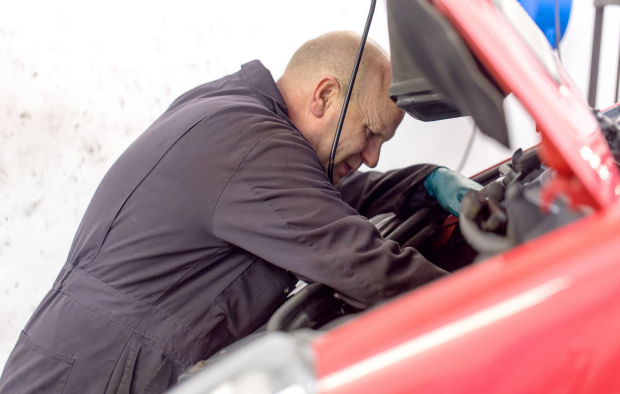
- Home
- News
- Road Traffic
- Why You Shouldn't Jump Start Your Car

Why You Shouldn't Jump Start Your Car
We all know the sinking feeling, the one that comes as you get behind the wheel of your car, turn the key (or press the ignition button), and the engine doesn't start. There's a lot of noise, but not the expected 'woomph' as everything kicks in.
You've only factored in enough time for the journey in good conditions as it is, and you don't want to go through the vehicle recovery process, so you go and get the jump leads.
The fact is though, you shouldn't, as using jump leads to start your engine can actually cause a huge amount of damage to your car.
How jump starting can damage your car
The problem is simple; cars today have a lot more electronics and computer controlled elements than they did in the past, and these can react badly to the surge of electricity that comes with a jump start. It's not just the likes of the Sat-Nav, Bluetooth connectivity or heated seats that are affected either, it's also vital safety technology like electronic stability control, proximity alerts, and even the airbag deployment systems.
Modern cars depend on computers, and it's not the case that one central unit controls everything. In fact, a modern car such as the Mercedes-Benz S Class, for example, has 64 electronic control units (ECUs) that manage the vehicle's essential systems. When you hook your dead battery to a running car, that car's alternator will automatically, instantly put out a maximum charging, creating a voltage spike of up to 15.5 volts in both vehicles. It's that high voltage spike that can irrevocably damage the ECUs and digital equipment.
Be careful when giving jump starts
Receiving a jump start can be dangerous, especially if your car was built since the turn of the millennium, but the same is true of giving a jump start. The voltage spike goes both ways, so even jumping an old car from your newer one can damage your vehicle.
It is possible to give a jump start from a new car if you leave your engine off, but it is not guaranteed to work. Continuing to try for too long can also end up draining your battery, leaving both cars out of commission.
The solutions
If you find you have a flat battery then the best solution is to call your breakdown provider. They'll be able to address the issue and get you back on the road safely, without damaging your car. You can also buy a battery charging pack (similar to the type you can get for a mobile phone), but getting the professionals in is always the most sensible solution.
Share this article
Request a Callback
Had an accident that wasn’t your fault? Leave your details and we’ll call you back.
Thank you
Thank you for your request, one of our team members will be in touch shortly.
Find Out MoreExisting Client?
Keep on top of your claim 24/7, 365 days a year with Touchpoint, accessible from any internet-enabled device.



